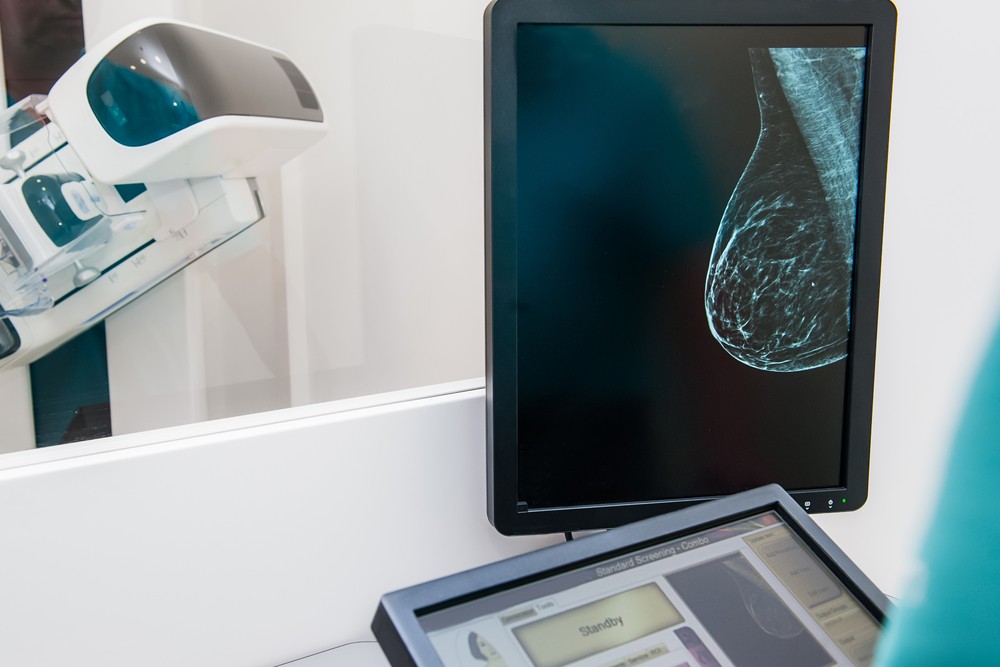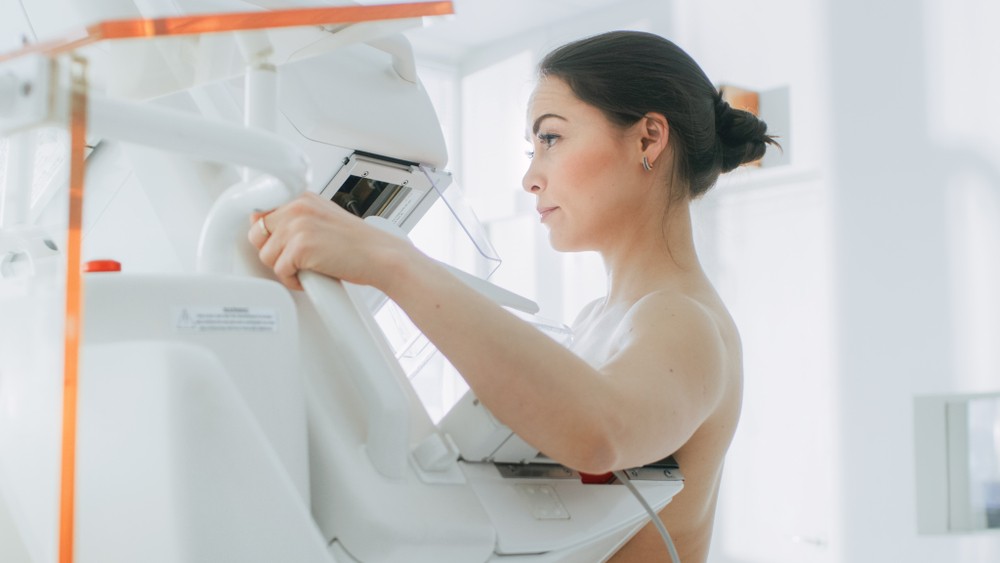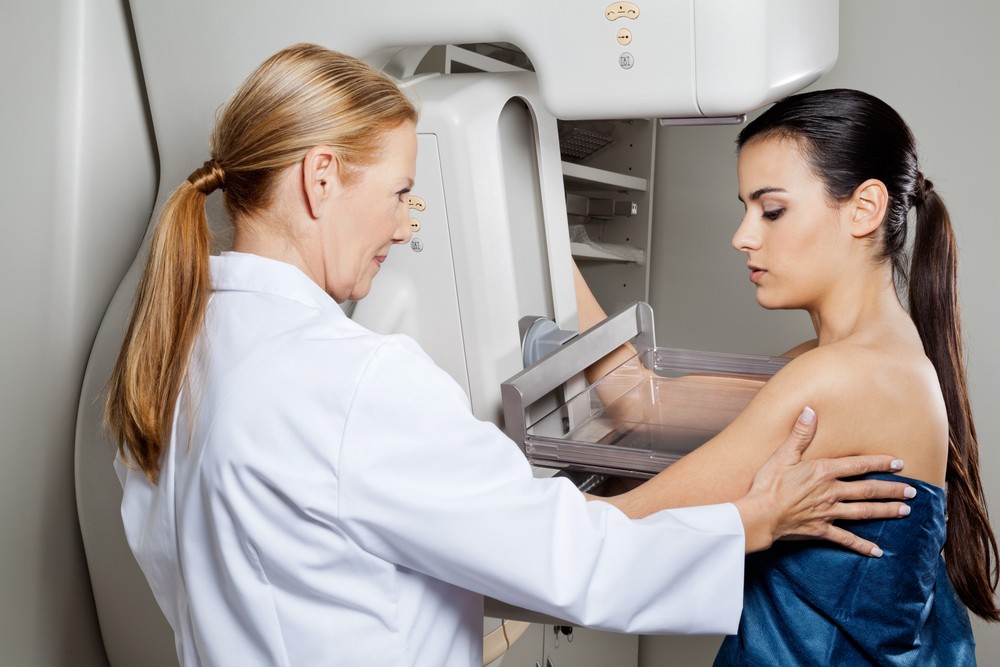Archive for October 2019
Artificial Intelligence for Breast Cancer Diagnosis: Sensitive But Not Specific
Researchers at the University of Washington and the University of California at Los Angeles (UCLA) have developed a machine-learning system that confirms breast cancer diagnoses made by radiologists, a recent paper in JAMA Network Open reports. Skilled diagnosticians differ in their interpretation of radiographic images of different forms of cancer. Concordance among physicians, in recent research…
Read MoreNew Study Finds that Mammography Is Beneficial for Men at Higher Risk for Breast Cancer
While there are no formal recommendations as to mammography screening for high-risk men, a recently released 12-year study by Dr. Gao, published in the journal, Radiology, suggests that men at high-risk for breast cancer would benefit from mammography screening. What characteristics define a man as being at high risk for breast cancer? There are several…
Read MoreContrast-Enhanced Digital Mammography: Offering Patients High Sensitivity and Reliable Specificity
Around the globe, breast cancer remains the most common form of cancer in women. In 2018, 2,088,849 women received a breast cancer diagnosis, this number equals more than 25 percent of all the cancers diagnosed in women for that year (excluding non-melanoma skin cancer). Diagnosing breast cancer is the first step in treatment; however, even…
Read MoreCurrent Breast Cancer Screening Guidelines Including for At-Risk Women
The American College of Radiology updated their guidelines for mammographic screenings recently. The ACR strongly supports early screening with particular detail to at-risk women. The ARC Commission on Breast Imaging evaluated numerous studies regarding effective methods for screening women at higher risk for breast cancer. The evaluation utilized the American College of Radiology’s Appropriateness Criteria®…
Read MoreMedical Excellence Doesn’t Mean You Never Have to Say “I’m Sorry”
Every radiologist worries about missing a diagnosis or giving a false-positive reading, but diagnostic errors are not a rare event in radiology. The multi-facility RADPEER study found peer disagreement in 0.8 percent of “non-difficult” cases and in 2.9 percent of “difficult” cases. One study has found that up to 54 percent of results of mammography are…
Read More



